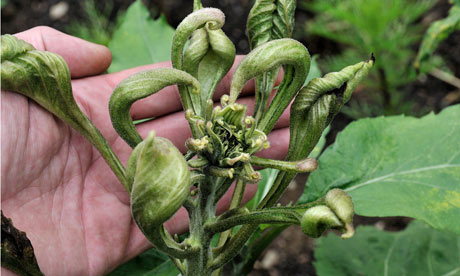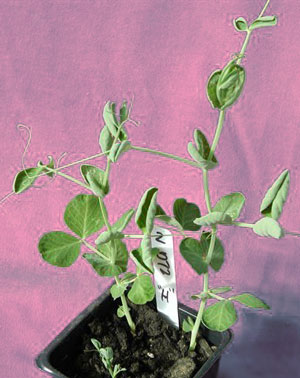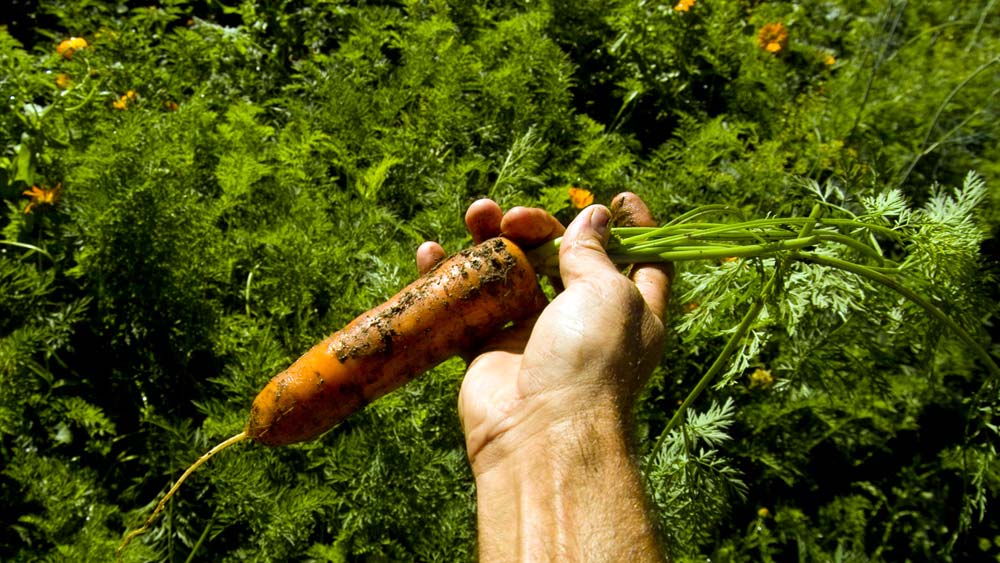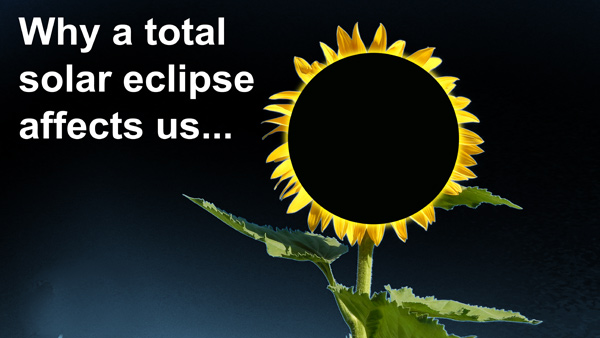
This year’s total solar eclipse got me interested in reading a few accounts of people over the generations who have experienced total eclipses first hand. Most are fun reads. The various descriptions of the observer’s experiences tend to touch on their involuntary emotional responses to watching the sun completely disappear during the day. A common personal reaction is that it can “provoke a flood of primal awe”
For me, that reaction represents the deeper truths that, once felt, cut deeply through our cultural, political outer shells and remind us that we’re all human beings on this planet orbiting around a star. Our shallow differences are moot. There is no them… only us. That realization can be unifying in ways that no amount of conversation or persuasion can match.
It’s interesting to think about how our species has spent millions of years relying solely on the annual photosynthetic energy budget from the sun, first hunting and gathering, then thousands of years using agriculture. That “fresh” sunlight that pulses growth around the planet each year was the only source of energy we knew…until we found fossil fuels (ancient sunlight) and feverously started extracting and burning it in as many ways as possible. Compared to the arc of human existence on this planet, the brief period of explosive growth, sometimes referred to as the fossil fuel “interlude” is an aberration from the old pattern. And one that is harvesting energy from a source too far down the “energy food chain.”
Our food production is so dependent on fossil fuels now that the amount of carbon used per comparative unit of food is a 10-1 ratio. Ten units of fossil fuels to create one unit of food that you can eat. The imbalance in that equation has consequences that we now see in everything from climate change, to synthetic chemicals in our food. We are now containing more of the solar energy in the biosphere than it can process and release, as it has for eons.
Luckily, food-growing techniques that align with natural systems, with no purchased inputs, are alive and well. We can feed ourselves without fossil fuels. But we need to change our general behavior first.
What we need is to re-connect with how this planet works, and mimic that. It’s in understanding those relationships where we find our path forward.
“The Major Problems in the World are the result of the difference between
how nature works and the way people think.”
-Gregory Bateson
I see this connection in my home gardens every year. The solar pulse and the food it generates, not to mention the processing of CO2, and a net sequestration of carbon back into the soil — the opposite of industrial ag.
You don’t need an eclipse to remind you how the planet works. But it does force you to pay attention. It reminds us we’re all alive in this moment and we all have a part to play.
The sense of awe and connection to greater natural systems is what drew me to create the project at GrowFoodWell.com in the first place. And continues to inspire me. I’m in awe each year when I see natural systems that respond to anyone that orchestrates the relationships of microorganisms in the soil through plants and how their dance is timed to track the sun’s movement across the sky.
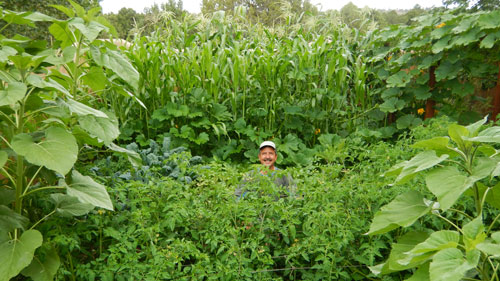
You just need to learn how to be a conductor in the symphony of plants to unlock that pattern.
No “them”. Only “us”
I hope you can relate because we’re all spinning through space together on the same boat.
Enjoy the ride.
Tom
Growfoodwell.com
*(watch the planet “breathe” with the solar calendar in NASA video below)

